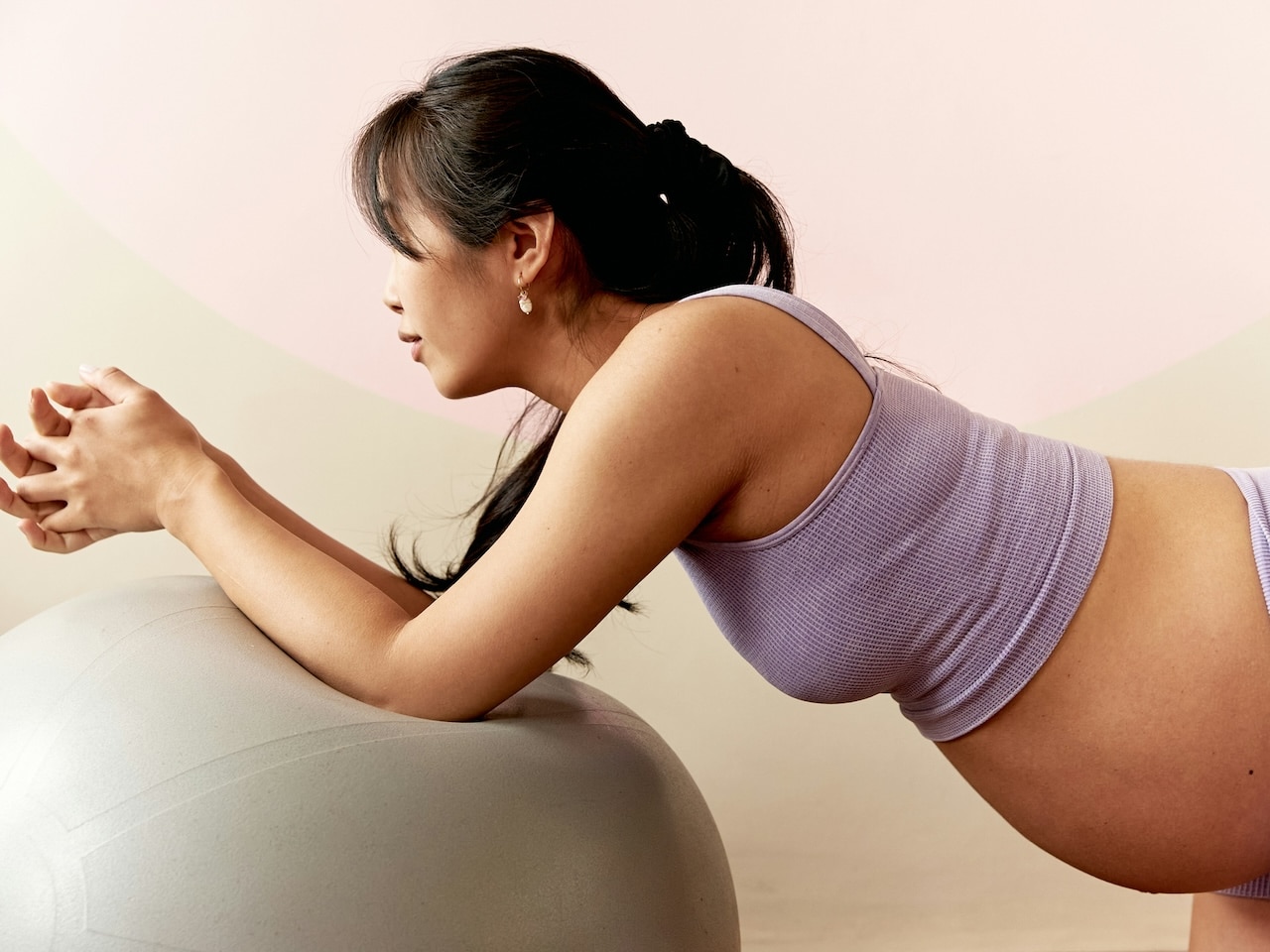
During pregnancy, a woman’s body undergoes numerous physiological changes. Constipation during pregnancy is one of them. It is estimated that between 30% and 35% of pregnant women suffer from this gastrointestinal disorder, which consists of a decrease in the number of bowel movements or the need to make excessive efforts to expel them, sometimes with pain.
After nausea, constipation is the second most common symptom during pregnancy. Although it is not serious, it can be very annoying.
What causes constipation during pregnancy
The hormonal changes They are the main cause of a pregnant woman’s intestine working slower than usual. “With pregnancy, progesterone increases, which causes the muscles of the intestinal walls to weaken. At the same time, the levels of motilin, a hormone responsible for stimulating the movement of the stomach and intestine, decrease. Consequently, a greater absorption of water is generated from the colon, which causes a hardening of the feces and a decrease in transit,” explains the pharmacist and dietician-nutritionist, Natalia Hernández.
There are other factors that also influence, such as Changes in lifestyle, which range from a greater sedentary lifestyle to dietary modifications and even the intake of medications. “In the case of taking iron supplements, constipation is usually more pronounced,” says the expert.
When the pregnancy is more advanced, in the last trimester, the larger size of the baby makes the uterus increases in size to accommodate it. This situation puts more and more pressure on the intestine, making intestinal transit difficult.
Home remedies for constipation in pregnant women
first trimester
The first step in trying to relieve constipation is to carry a Healthy diet that includes fiber.. It is recommended to eat about 25-35 grams a day, something that is not difficult to achieve. This nutrient is found in whole grains, legumes, nuts, fruits and vegetables.
The dietitian-nutritionist Natalia Hernández reminds us that “we must not forget the importance of increase daily fluid consumptionalways opting for water as the best option¨, remembers nutritionist Natalia Hernández.
second quarter
Pregnancy advances and with it the increase in pregnancy hormones. The effects that these cause in the decrease in intestinal mobility are already beginning to take effect. Therefore, as the dietician-nutritionist highlights, “it is essential daily physical activity. Simply as part of the routine, moving and walking at a good pace will promote movements in the intestine.
third trimester
In the last stage the uterus has distended so much that it is compressed at the intestinal level. «In addition, there is an increase in the hormone aldosterone, which increases the absorption of fluids and electrolytes from the intestine, making intestinal transit even more difficult,» says the expert. It is the quarter most prone to constipation and the treatment is the same: drink fluids, readjust the diet with foods rich in fiber, according to digestive tolerance (increase the consumption of some foods rich in fiber and that are well tolerated) and perform physical activity. . If there is no improvement, all you have to do is go to a dietitian-nutritionist to review your diet.
As a last resort, if there is no improvement, and always consulting with a specialist first, you will have to resort to taking laxatives.

What to take for constipation during pregnancy (and what not to)
Before starting to take any product to improve constipation, you should go to the doctor, the midwife who follows the pregnant woman or the dietitian-nutritionist.
Bulking agents (or fiber supplements). They are the first option if diet and lifestyle changes do not work. ¨They are compounds that act like fiber (Plantago ovata and flax seeds are the most used). They are considered safe for prolonged use during pregnancy, explains Natalia Hernández. Its goal is to increase the volume of stool, which at the same time causes greater stress on the intestinal wall. This increases bowel movements and contractions that eventually lead to going to the bathroom.
Emollient laxatives. ¨The most used is docusato. It softens stools, but its use should be specific, explains the expert. The reason they should not be used on a regular basis is because they interfere with the absorption of some nutrients or could generate interactions with medications that may be taking.
Lubricant laxatives. They are oils that lubricate the feces to facilitate their exit. The most common is paraffin. Its use is very limited and with medical supervision due to its possible effects on the fetus.
Stimulant laxatives. Its way of acting is by causing rhythmic contractions in the intestinal muscles. They belong to this group the sen (cassia angustifolia), bisacodyl, frangula, castor oil or aloe. all of them contraindications in pregnancydue to its association with premature births.
Osmotic laxatives. “These products attract water into the intestine. An example would be sales of magnesium or bisacodyl. They should not be used during pregnancy. since there is a risk of absorption that can cause, among other things, an alteration in cardiac conduction (palpitations, arrhythmias, shortness of breath, chest discomfort, etc.).” Likewise, enemas, microenemas or glycerin suppositories, although they are safe, during pregnancy should only be left for very specific cases that the doctor will decide.
When should you worry?
Constipation, despite its prevalence, is not dangerous. Only, according to data from the Spanish Society of Gynecology and Obstetrics, 10% of cases of constipation in pregnant women require more serious treatment (cases of tears, hemorrhoids…). In those cases in which there is pain due to constipation during pregnancy, you have to lose your modesty and discuss it in the obstetrician’s office.
A dietician-nutritionist can also helpreviewing the patient’s diet and incorporating appropriate changes to stimulate intestinal transit.
Possible complications in pregnancy
Hemorrhoids are already common in pregnancy, but constipation complicates them by creating more pain, itching and, sometimes, the passage of some blood in the stool, which can be scary. It will always be in small quantities and superficially. If you see more blood than normal, you should always go to the doctor.
Common questions in consultation
Can constipation during pregnancy cause an abortion? Is it bad to squeeze during pregnancy? Will this constipation affect my baby? These are some of the questions that future mothers ask themselves in the obstetric consultation. As dietitian-nutritionist Natalia Hernández explains, “there is no data that associates constipation with the increased risk of abortion. However, in those pregnancies in which there is a risk of abortion (for example, due to placental alterations) it is counterproductive for that woman to make great efforts to defecate.»
For the peace of mind of the mother and the health of the fetus, if you have any doubts, setbacks or abnormal situations, you must go to a specialist to find the best solution to treat it. And, of course, no remedies taken from Google without professional supervision.
The ALDI Council
The constipation that sometimes occurs during pregnancy can continue after delivery, which is when the mother has less time for herself. Don’t forget to always have fruits, vegetables and whole grains on hand, and ensure good hydration to improve regularity.

Natalia Hernandez. Member of the Spanish Academy of Nutrition and Dietetics. Pharmacist and Nutritionist specialized in child and sports nutrition trying to unify both worlds to promote more optimal development. INSTAGRAM: @nhrnutricion.







